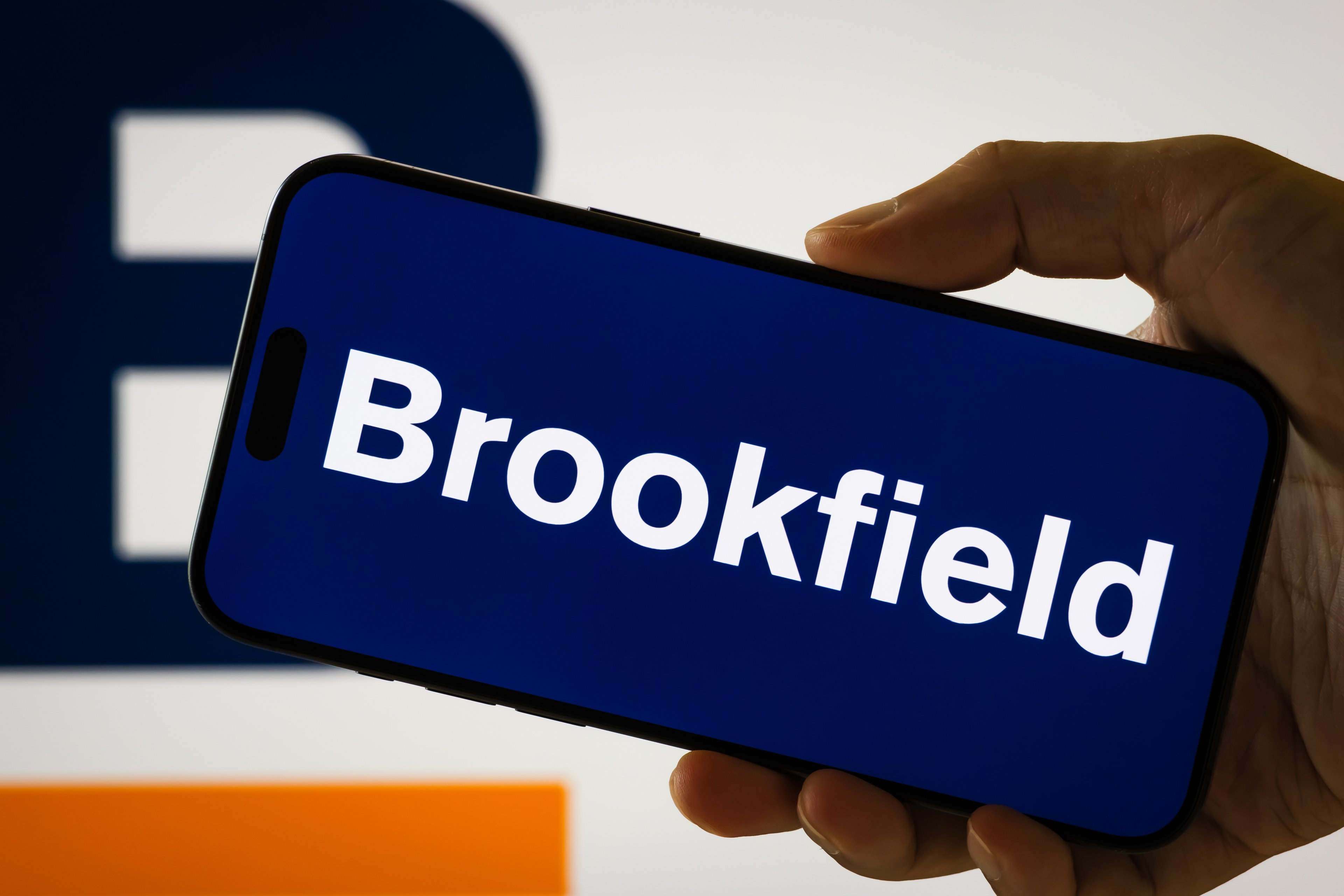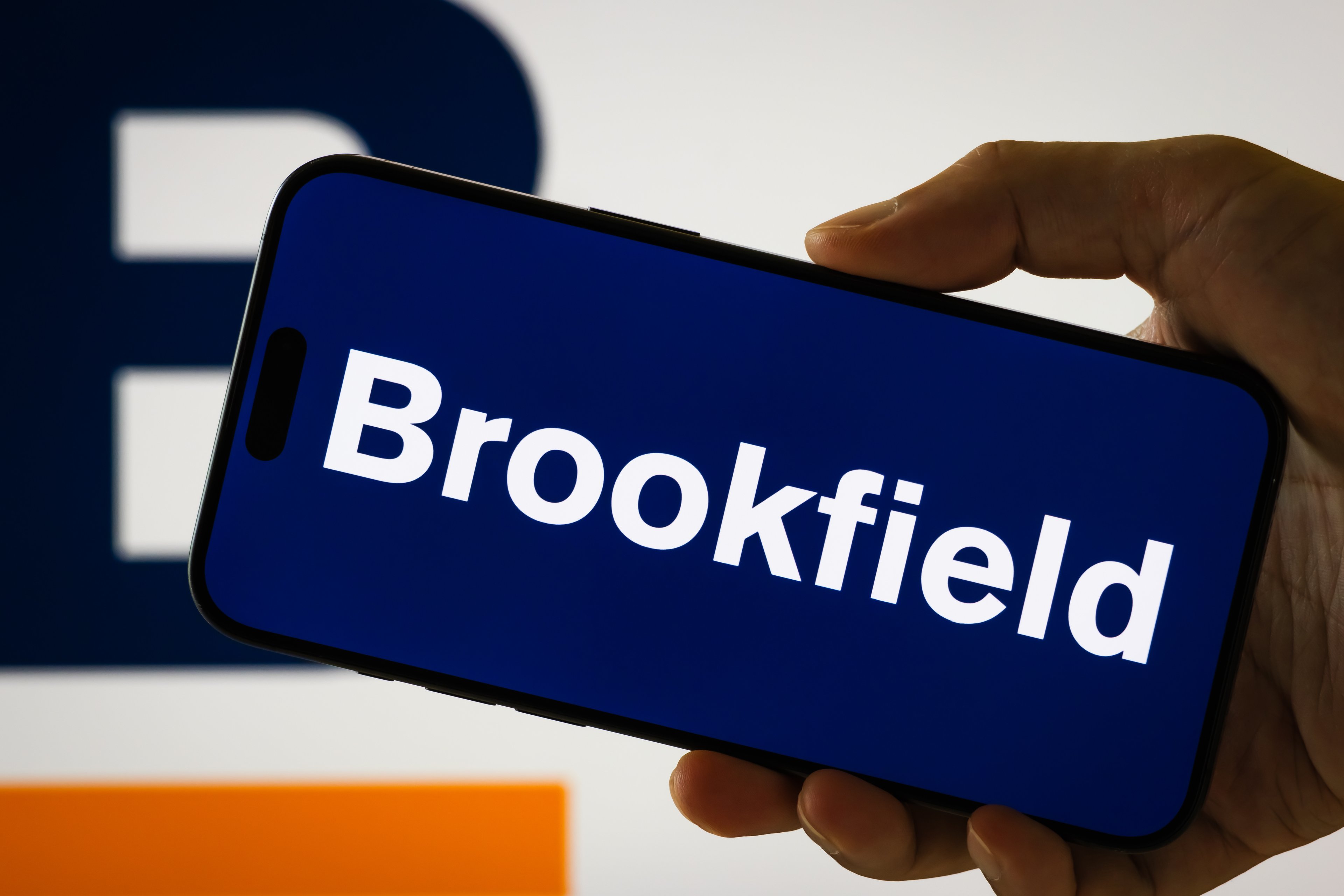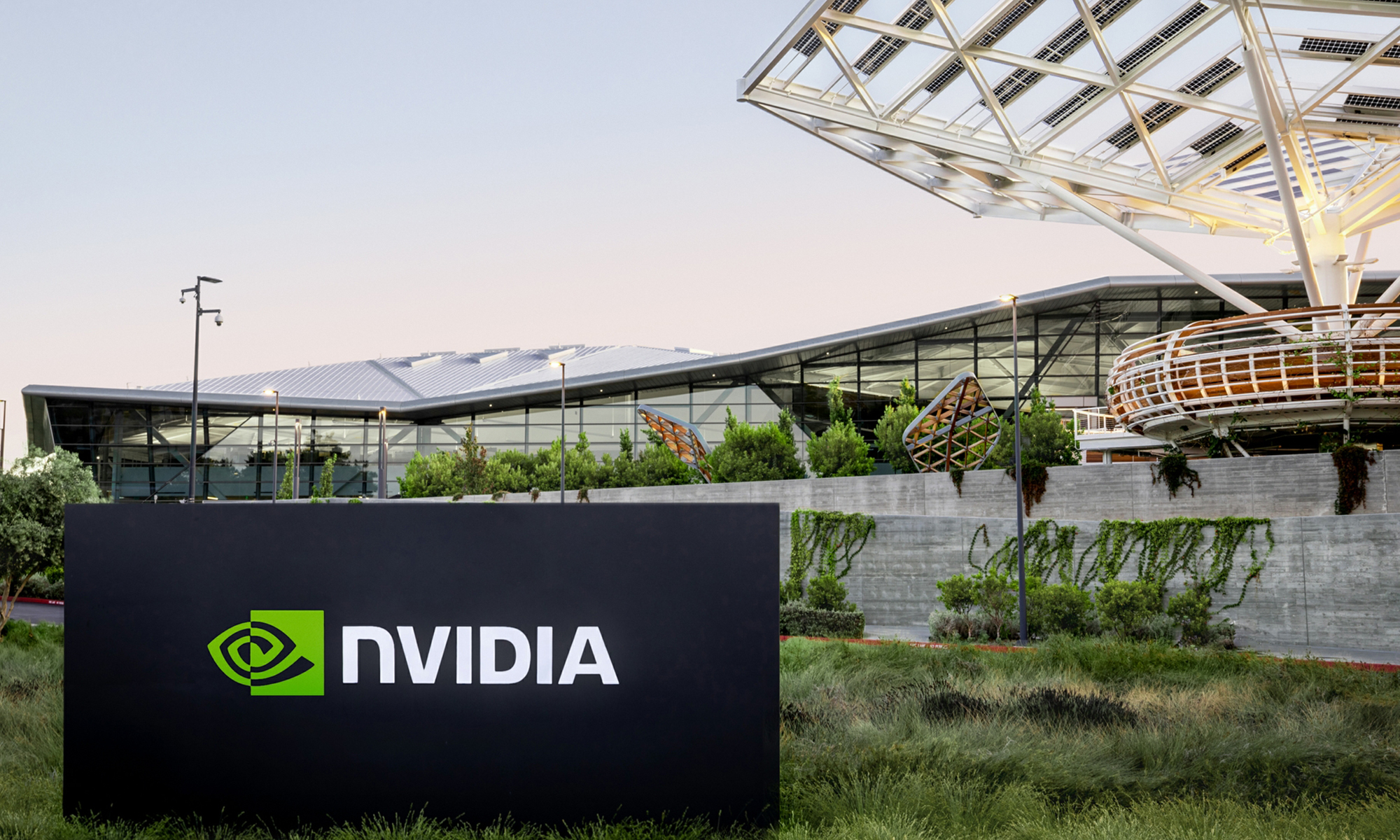You'd have a hard time finding two private equity and alternative asset management firms that had better years in 2019 than Brookfield Asset Management (BAM +2.31%) and The Carlyle Group (CG +0.00%). They put up astronomical gains last year: Carlyle's stock returned 101.68%, while Brookfield's rose 50.72%. It wasn't just these two companies, as the private equity industry overall had one of its best years ever -- thanks in large part to the effects of the Trump administration's Tax Cuts and Jobs Act, which lowered corporate tax rates from 35% to 21%.
Anyone who owned shares of these stocks was certainly pleased with their performance, but investors want more than a one-year snapshot. They want an investment that will pay off in the long run. So which of these two highfliers is a better buy today?

Brookfield and Carlyle Group have had strong investment growth. Image source: Getty Images.
Carlyle Group converts to C-Corp
The Carlyle Group invests in corporate private equity; real assets including real estate, infrastructure and energy, and renewable resources; global credit; and alternative investment strategies. Its investors are mostly pension funds, high-net-worth individuals and families, sovereign wealth funds, unions, and corporations. It has $222 billion in assets under management.
In the third quarter of 2019, the company had net earnings of $68.4 million, up from $11.6 million in the third quarter of 2018. Earnings per share came to $0.60, up from $0.11 year over year, but down from $1.23 in the second quarter of 2019. Expenses were down 17% year over year to $505 million. The company raised $5.7 billion in capital in the quarter and invested $3.4 billion. Assets under management rose 4% year over year.
On Jan. 1, Carlyle completed its conversion from a structured partnership to a C-Corp. Co-CEOs Kewsong Lee and Glenn Youngkin outlined several reasons why the move should benefit shareholders. "The path we've chosen is differentiated and positions us in the best way to drive long-term value," they said last July. "It improves our trading liquidity, makes us more attractive to new investors, provides a fixed dividend that enables improved capital allocation and offers an attractive yield, and enhances shareholder alignment under a new one-share/one vote governance model."
Brookfield adds to its portfolio
Toronto-based Brookfield Asset Management invests in property and real estate, renewable energy, infrastructure, and private equity through its four master limited partnerships (MLPs): Brookfield Property Partners, Brookfield Infrastructure Partners, Brookfield Renewable Partners, and Brookfield Business Partners. It also just bought a majority stake in asset manager Oaktree Capital Group, which will continue to run as an independent corporation.
In the third quarter, the company saw net income climb 86% to $1.7 billion, while earnings per share jumped to $0.93 from $0.11 year over year. Also, funds from operations, a measure used by real estate investors to determine cash generated by real estate investment trusts (REITs), was $826 million in the quarter, down slightly from $1.0 billion the previous year's quarter. For the first nine months of 2019, FFO was $4.3 billion, equal to the previous year.
Which is a better buy?
It's hard to go wrong with either of these well-run companies. The tailwinds that have propelled them and the rest of the industry show no signs of weakening.
But the better buy right now looks like Carlyle Group. For starters, it's undervalued, with a price-to-earnings ratio of 11.93, and it has a ton of capital to invest. With the conversion to a C-Corp, it will have even more liquidity and the opportunity to expand its shareholder base by making the stock more available in indices and in mutual funds. This should drive strong growth for the firm.






